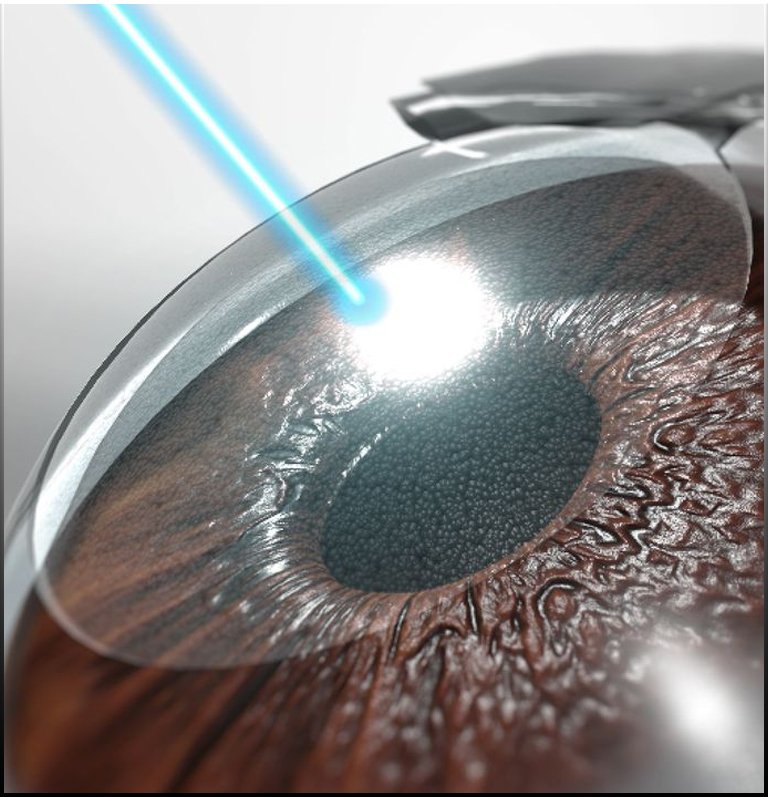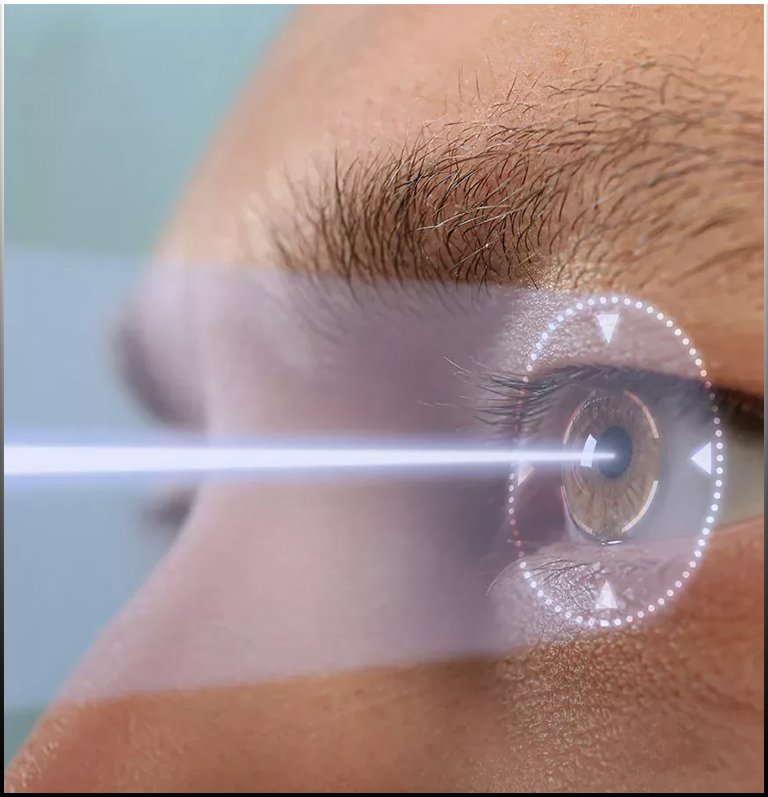


Refractive surgery encompasses a variety of surgical procedures aimed at correcting vision problems, particularly those related to refractive errors like nearsightedness (myopia), farsightedness (hyperopia), and astigmatism. These surgeries are designed to reduce or eliminate the need for glasses or contact lenses by reshaping the cornea or lens of the eye.
One of the most common types of refractive surgery is LASIK (Laser-Assisted in Situ Keratomileusis). During LASIK, a thin flap is created on the surface of the cornea, and a laser is used to reshape the underlying corneal tissue to correct the refractive error. The flap is then repositioned, and the cornea heals naturally.
Another popular procedure is PRK (Photorefractive Keratectomy), which involves removing the outer layer of the cornea (epithelium) and using a laser to reshape the underlying tissue. PRK does not involve creating a corneal flap like LASIK, making it suitable for individuals with thin corneas or other corneal irregularities.
Other types of refractive surgery include LASEK (Laser Epithelial Keratomileusis), Epi-LASIK, and implantable lenses such as phakic intraocular lenses (IOLs) and refractive lens exchange (RLE), which involves replacing the eye's natural lens with an artificial one.
Refractive surgery is typically performed on an outpatient basis and is associated with minimal discomfort and a rapid recovery for most patients. However, like any surgical procedure, it carries some risks, including infection, dry eye, glare, halos, and under- or over-correction of vision.
Candidates for refractive surgery should undergo a comprehensive eye examination to determine their suitability for the procedure. Factors such as age, prescription stability, corneal thickness, and overall eye health are taken into consideration when determining eligibility.
Overall, refractive surgery offers many individuals the opportunity to reduce or eliminate their dependence on corrective lenses, providing improved vision and quality of life for those who are good candidates for the procedure.

You can protect your eye health and potentially slow the process of cataracts by: Not smoking, Protecting your eyes from the sun, Getting regular eye care, and Wearing sunglasses and a hat with a brim to block ultraviolet sunlight.

Corneal disease, also known as ocular surface disease, is a group of serious conditions that can affect the cornea. These conditions can cause the cornea to become distorted, clouded, or scarred, and can even lead to blindness.

Refractive surgery is an optional eye procedure that improves the eye's refractive state and can reduce or eliminate the need for glasses or contact lenses . It can involve reshaping the cornea, implanting a lens, or replacing the lens.

The retina is the light-sensitive layer at the back of the eye that receives light and converts it into chemical energy. The uvea is the middle layer of the eye between the retina and the sclera (white part of the eye). The uvea is made up of three parts !

Emphasizes fruits, vegetables, whole grains, and fat-free or low-fat milk and milk products.

There are many variations of passages of Lorem Ipsum available, the majority have suffered alteration

There are many variations of passages of Lorem Ipsum available, the majority have suffered alteration
Refractive surgery can correct refractive errors like nearsightedness, farsightedness, astigmatism, or presbyopia. Some of these surgeries reshape the cornea. Others implant a lens in your eye. Either way, the goal is the same. These surgeries focus light correctly on the retina so you can see more clearly.


Pediatric ophthalmology is a subspecialty of ophthalmology that concentrates on treating the various eye problems affecting children. Studies show that a lot of Attention Deficit Hyperactivity Disorder (ADHD) and learning issues in children can be attributed to vision problems.

Refractive surgery is a procedure aimed at correcting common vision problems such as nearsightedness (myopia), farsightedness (hyperopia), and astigmatism. Several factors can prompt individuals to consider refractive surgery:
Visual Impairment: Those experiencing significant vision impairment due to refractive errors often seek refractive surgery as a means to reduce or eliminate their dependency on corrective eyewear such as glasses or contact lenses.
Desire for Independence: Many individuals seek refractive surgery to enhance their quality of life and regain independence from visual aids, particularly in activities like sports or outdoor pursuits where glasses or contacts may be cumbersome.
Occupational Demands: Professions that require excellent vision, such as pilots, military personnel, and athletes, may drive individuals to pursue refractive surgery to meet the stringent visual requirements of their respective fields.
Aesthetic Concerns: Some individuals opt for refractive surgery for cosmetic reasons, preferring the appearance of unaided vision over wearing glasses or contacts.
Convenience and Comfort: Refractive surgery offers convenience and comfort, especially for those who find glasses or contacts uncomfortable or inconvenient to wear regularly.
Long-Term Cost Considerations: While the initial cost of refractive surgery may seem significant, many individuals view it as a long-term investment, potentially saving money on the recurring expenses associated with prescription eyewear over time.
Technological Advancements: Advances in refractive surgery techniques, such as LASIK (Laser-Assisted In Situ Keratomileusis) and PRK (Photorefractive Keratectomy), have made the procedures safer, more precise, and less invasive, attracting more individuals to consider them as viable options for vision correction.
Information Accessibility: With the widespread availability of information on the internet and increased awareness through advertising and word-of-mouth, more people are becoming informed about refractive surgery and its potential benefits.
Overall, refractive surgery can be a compelling option for individuals seeking to improve their vision, offering the potential for enhanced visual acuity, convenience, and lifestyle benefits. However, it's essential for individuals considering refractive surgery to consult with qualified ophthalmologists to determine their candidacy and understand the potential risks and benefits associated with the procedure.